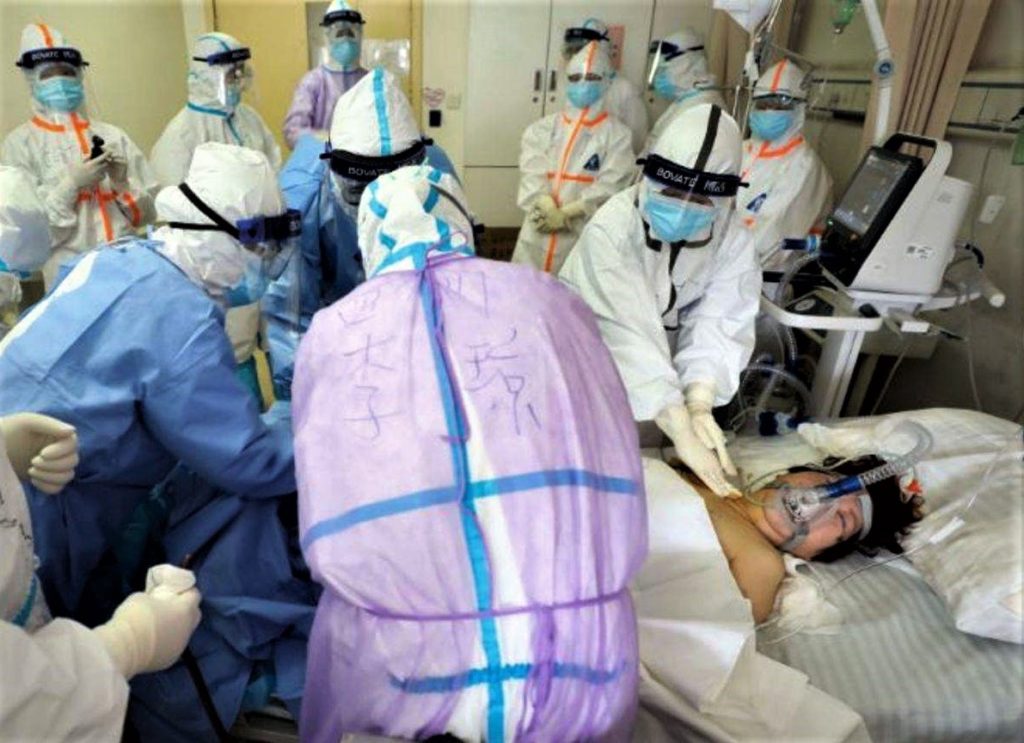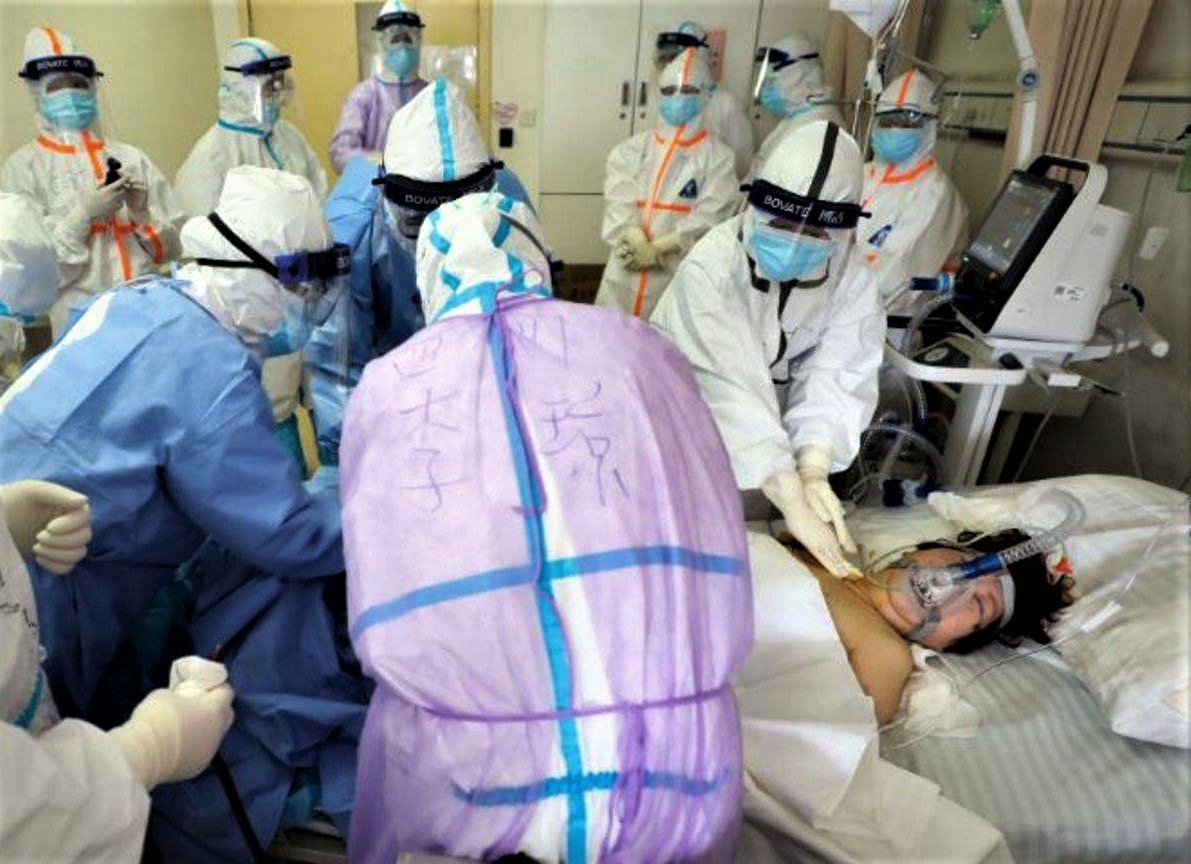In a press briefing on Tuesday, New York Governor Andrew Cuomo summarized the stark reality facing New York residents who are gravely ill with the coronavirus.
In a message aimed at Trump administration officials, Cuomo said, “You pick the 26,000 people who are going to die because you only sent 400 ventilators.”

Wednesday, Louisiana Governor John Edward warned that New Orleans will run out of ventilators by April 1.
With the number of critical ill virus patients growing and life-sustaining ventilators limited, this is perhaps the most serious ethical crisis physicians have faced in decades, and it’s one that comes with a critical question: how do they prioritize care; who lives and who dies.
How do they make that call?
Let’s begin with the physician’s Hippocratic oath, named for the Greek physician Hippocrates. While it’s generally believed to be, “First do no harm,” that phrase didn’t come about until the 17th century.
However, here are the two most relevant passages translated from Hippocrates original text:
“Into whatsoever houses I enter, I will enter to help the sick, and I will abstain from all intentional wrong-doing and harm, especially from abusing the bodies of man or woman, bond or free.”
“I will use treatment to help the sick according to my ability and judgment, but never with a view to injury and wrong-doing. …
While the first passage calls for practicing physicians to “abstain from all intentional wrong-doing…”; the second directs a physician to treat his patients “according to my ability and judgment…” suggesting that life and death decisions do lie within his own sense of right and wrong.
The current ethical oath states much of the same.
“I swear to fulfill, to the best of my ability and judgment, this covenant:
“I will apply, for the benefit of the sick, all measures [that] are required, avoiding those twin traps of over-treatment and therapeutic nihilism…” (the view that we should have little confidence in the effectiveness of medical interventions.)
Another passage considers the broader issue.
“I will remember that I remain a member of society, with special obligations to all my fellow human beings, those sound of mind and body as well as the infirm.”
This suggests that the physician has an obligation to “all my fellow human beings,” thus, he must consider what is best for society.
Generally, there are three ethical decision-making models.
The Golden Rule – do unto others as they would do unto you. Simply put,if you don’t want to be lied to, don’t lie.
Nevertheless, some people will lie, cheat and steal regardless. Another setback to the Rule comes from ethics teacher Michael Josephson.
“Often in our professional lives and in business there are many competing beneficiaries and the Golden Rule provides no guidance on how to choose among competing stakeholders.”
German philosopher Immanuel Kant believed that moral responsibilities “…are ‘higher truths,’ which must be obeyed regardless of the consequences,” Josephson writes.
Under Kant’s absolutism, one cannot lie even for a greater good. Thus, if the Nazis came knocking on your door looking for Anne Frank and you know where she’s hiding, you are duty bound, according to Kant, to tell the truth.
Consequentialism moderates Kant’s absolutism with two principles.
Act Utilitarianism – “The ethics of an act is judged in terms of the immediate and direct consequences of the action,” Josephson states.
Rule Utilitarianism – “The ethics of an act is judged,” Josephson says, “in terms of what the consequences of the action would be if such conduct became the general rule and everyone acted accordingly.”
In short, the greatest good for the greatest number.
The downside to consequentialism, Josephson points out, “is the ease with which it can be manipulated by self-serving rationalizations to produce… an ‘end justifies the means’ credo [which ultimately allows] people to treat ethical and non-ethical values on the same plane, often concluding that ethical values can be outweighed by non-ethical ones.”
So, how can we apply any of this to physicians facing the current crisis of life and death decisions?
The second part will try to answer that question on Monday.
Comments










